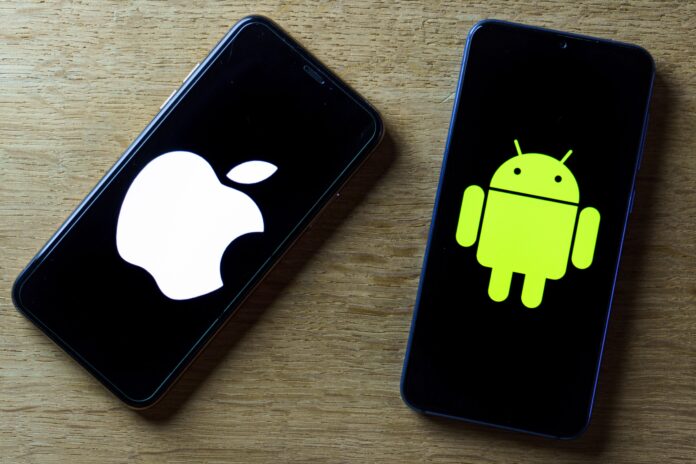Google loses key anti-trust court case that does not seek damages but to force Google to open its app store to fair competition
It’s like the good old days of the 1990s when the likes of IBM and Microsoft seemed to be locked in interminable court battles in the US and the EU, mostly for alleged monopolistic behaviour.
Alphabet’s Google has just lost an important round in a fight that’s been going on against Epic Games since August 2020. Epic is best known for its massively popular game, Fortnite.
The court case began in the US district court in San Francisco on 6 November, with Epic stating before it kicked off that, it “does not seek monetary compensation from this Court for the injuries it has suffered” or “favorable treatment from Google for itself.”
It wants Google to “make good on [its] broken promise: an open, competitive Android ecosystem for all users and industry participants”.
Guilty on all counts
Within four hours, the jury found Google guilty on all four counts. It found in favour of Epic’s accusations that Google business strategy deliberately prevents competition, in effect forcing app developers to use its platform to make their products available to Android users. And charging them transaction fees of up to 30% for the privilege.
The scale is mindboggling. Android runs on about 70% of the world’s smartphones plus other connected devices such as smart TVs – that’s about 3.3 billion devices. Epic claimed in court that more than 95% of Android apps are distributed through Google’s Play Store.
The court will decide on Google’s punishment in January.
Epic Games posted a statement that read, “Today’s verdict is a win for all app developers and consumers around the world. It proves that Google’s app store practices are illegal and they abuse their monopoly to extract exorbitant fees, stifle competition and reduce innovation.
“Over the course of the trial we saw evidence that Google was willing to pay billions of dollars to stifle alternative app stores by paying developers to abandon their own store efforts and direct distribution plans, and offering highly lucrative agreements with device manufacturers in exchange for excluding competing app stores.”
Making assumptions
During the proceedings, the court heard that Google deletes texts and internal company messages to conceal illegal anticompetitive behaviour and practices. Jurors were told to assume that whatever was in the deleted material “would have been unfavourable to Google”. It seems a long time since Google burst onto the world with its unofficial motto of “don’t be evil” which disappeared from its code of conduct in 2018.
Indeed, Google denies any illegal behaviour and naturally is considering appealing against the judgement. It seems uncertain that would result in a different outcome. it has already paid $40 million out to settle a case brought by the firm behind the dating app Match, which accused it of similar anticompetitive behaviour.
Google has also agreed to pay additional penalties, although the amounts have not been made public, to settle related antitrust claims made by consumer organisations, US state legislatures and individuals.
Fortnite versus Apple
After the verdict, Epic asked the US Supreme Court to revisit key claims it made in its legal fight against Apple, to oblige it to change the rules of its App Store. Epic brought an antitrust case against Apple in 2020 for similar alleged transgressions, but a US judge mostly sided with Apple and the claim is now making its slow and bumpy way through the appeals process.
As Fortnite’s founder and CEO, Tim Sweeney, pointed out the jury had had no hesitation finding in Fortnite’s favour but the all-judge cases with Apple have gone the other way – so far.
The fight with Apple and Google began in August 2020 when Epic built a means of direct payment into its in-game V-Bucks store, circumnavigating the charging mechanisms of Apple and Google’s app stores – and their fees.
Apple responded by removing the game from its App Store and Google took it out of its Play app store hours later. Epic immediately slapped both with a lawsuit.
The two cases have some differences. Fortnite was no longer available on Apple’s iOS platform or to Apple devices, but it was still available within Google’s Android ecosystem as developers are allowed to distribute apps through other app stores. Epic was only too well aware of this. It had previously removed taken Fortnite from Google Play in 2018, fed up with the transaction fees.
It continued to attract tens of millions of downloads but soon started to experience technical issues and malware problems, so Fortnite was returned to Google Play in April 2020, accusing Google of inhibiting so-called sideloaded software.


